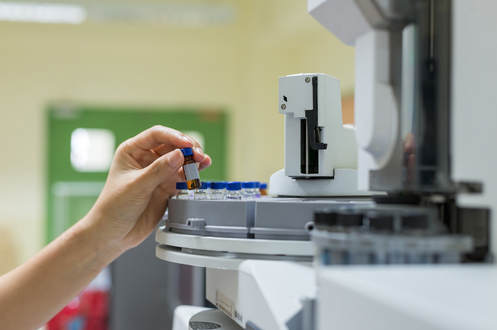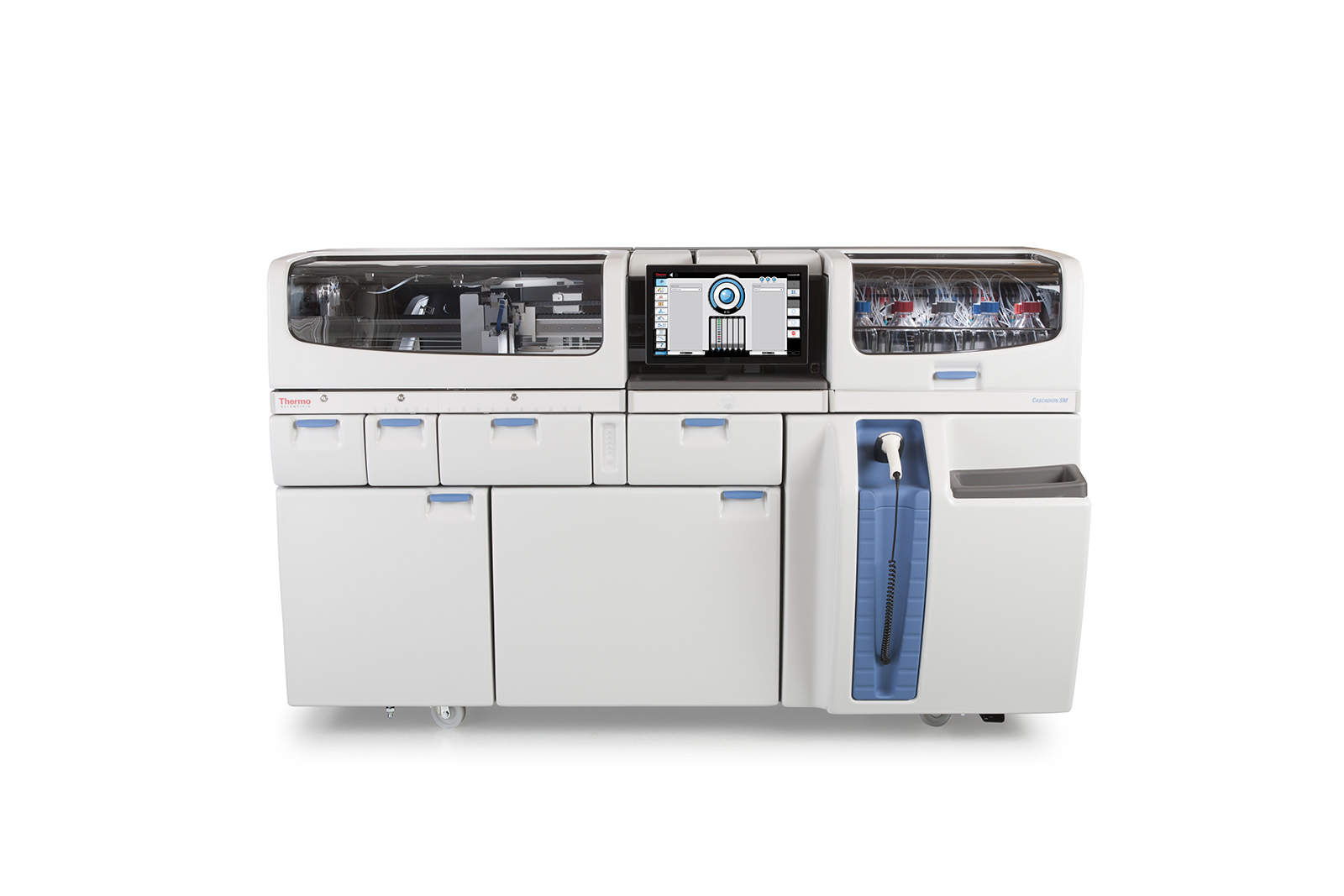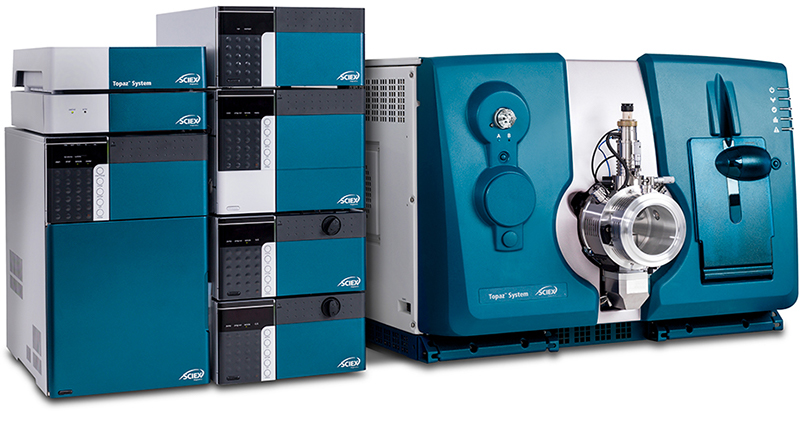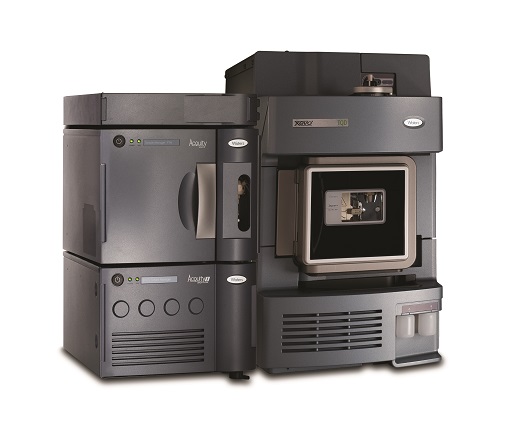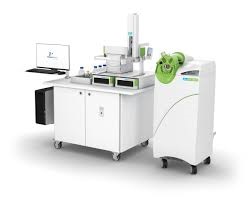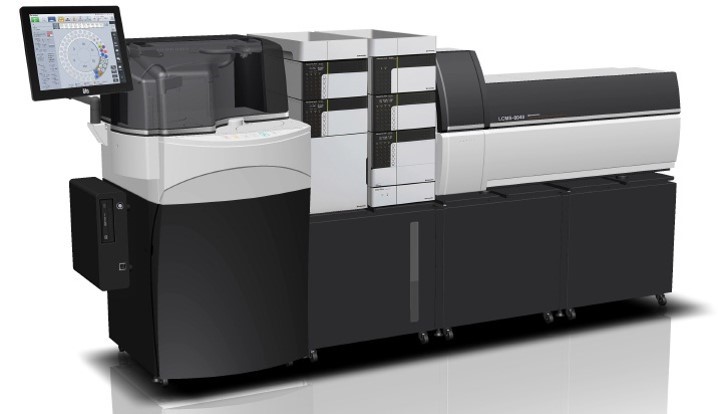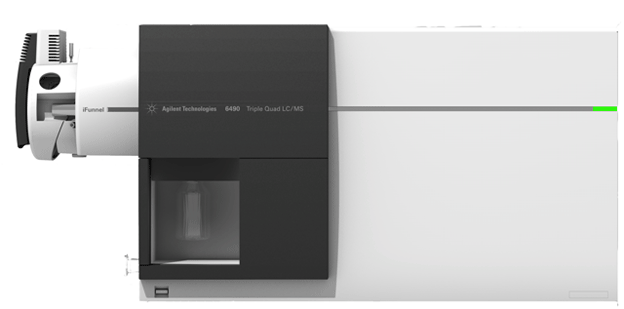The market on clinical mass spectrometry will grow at 7.6% annually over the next five years, according to the latest report from SDi. Data from the American Association for Clinical Laboratories shows that American clinical laboratories test blood, urine and other patient samples more than 7 billion times a year. Immunoassay has been the most widely used technique in clinical diagnosis. However, due to the accuracy requirement of detection results, more and more laboratories begin to use mass spectrometry as the preferred detection tool.
In fact, mass spectrometry in the West has been used in clinical practice for decades, which is relatively mature. For example, large independent medical laboratories, such as Quest and Labcorp in the United States, have more than 4, 000 testing items, of which more than 400 are based on mass spectrometry, so there are hundreds of clinical mass spectrometer testing equipment.
Mass Spectrometer in Clinical Laboratory
At present, the most commonly used mass spectrum types in clinical diagnosis are LC-MS/MS and MALDI-TOF. The former, in particular, is the most widely used mass spectrometry technique in clinical diagnosis. Specific applications, such as vitamin detection, drug metabolite detection, toxicology and neonatal screening, all promote the development of this technique in the field of clinical diagnosis. The MALDI-TOF system is the most commonly used for clinical microbial identification, as well as for genetic testing. Recently, MALDI mass spectrometry imaging (MSI) is used for direct tissue analysis, which shortens the analysis time and has great potential for clinical application.
In addition, there are also LC/TOF, ICP-MS, hand-held MS and so on. LC/TOF is mainly used to identify biomarkers, thus facilitating early detection of disease or infection. ICP-MS is mainly used to measure the content of trace elements in human body, so as to make some diagnosis of occupational diseases. Hand-held MS is a relatively new technology which has limited clinical application at present, but has great market potential in remote areas and real-time diagnosis applications.
Manufacturers of Mass Spectrometer Respond Positively
At present, the clinical laboratory uses mass spectrometry to do the clinical detection mainly with the laboratory developed test (LDT), and seldom uses the test kits approved by CFDAA, FDA and other regulatory departments. In view of the increasing demand of mass spectrum in clinic and the particularity of clinical field, relevant departments around the world have begun to take measures to strengthen controls. The FDA is said to be working on a regulatory framework to regulate clinical mass spectrometry, requiring each test to go through the registration process, which means a company could spend millions of dollars on registration in the future. CFDA is also extremely strict about the licensed spectrometer examination for registration of medical devices.
In preparation for the upcoming market changes, all leading mass spectrometer manufacturers have begun to seek regulatory approval for their instrument products and continue to introduce new products, to remove the barriers to use clinical mass spectrometry on a large scale in clinical laboratories. It includes regulatory approval, quality (detection differences in laboratory results), resources (operator skills), workflow (turnaround time), etc.
Cascadion SM clinical analyzer from Thermo Fisher
Thermo Fisher released a set of standard clinical chemistry analyzer—Cascadion SM clinical analyzer in May, 2017. The system includes automated Thermo Scientific TurboFlow online sample preparation technology, a new LC based on Prelude MD HPLC system and a new mass spectrum system or special software based on TSQ Altis triple quadrupole mass spectrometry design. In addition, there are also specialized material pipettes, automatic LC modules for sample preparation and special sample tubes. The system will receive the CE logo of EU in 2018 and will also be promoted in the United States once it has been licensed as a class I medical device by FDA. Thermo Fisher also plans to launch three specially designed kits for the system. And all the three kits can be approved by FDA 510(k) for the detection of 25OH vitamin D, total testosterone and immunosuppressive drugs, respectively. Then there are also drug abuse and endocrine detection kits.
Topaz system from SCIEX
SCIEX presented an overall LC-MS solution—Topaz system for clinical diagnosis, at the annual conference of American Society for Mass Spectrometry (ASMS) in June, 2017. The system includes clearcore MD software and the first LC-MS vitamin D assay kit—Vitamin D 200M Assay approved by FDA to determine the content of vitamin D in adult serum. Topaz has been approved as the class II medical device by FDA and can also be used for LDT.
UPLC Xevo TQD IVD System from Waters
All kinds of LC and MS under Waters are approved by medical device registration in 59 countries worldwide, including three triple quadrupole LC-MS/MS products for clinical market. In 2007, the MassTrak immune kit was approved by FDA 510(k) to detect tacrolimus concentration through mass spectrometry. For the European market, Waters provides MassTrak vitamin D solutions with CE logo and MassTrak immunosuppressant XE kits for the quantitative detection of tacrolimus and everolimus. In addition, Waters also provides chromatographic columns, sample pretreatment reagents and experimental protocols for in vitro diagnosis and clinical research.
QSight MD210 from Perkin Elmer
Perkin Elmer is also one of the most active members in the clinical mass market. Its neonatal screening kit has been widely accepted by the market, and more than 39 million infants are screened for genetic metabolic diseases every year. In 2016, Perkin Elmer launched LC/MS—QSight MD210 which was specifically used for clinical diagnostic testing, and has now received European CE certification.
CLAM-2000/LC-MS/MS system from SHIMADZU
The CLAM-2000/LC-MS/MS system, introduced by SHIMADZU, is a full automatic pretreatment LC-MS/MS system consisting of full automatic LC-MS pretreatment instrument SCLAM-2000 and SHIMADZU triple quadrupole LC-MS/MS 8040, which is used to simplify the pretreatment workflow of large batch clinical samples.
6400 series triple quadrupole mass spectrometer from Agilent
Agilent's products approved by FDA class I medical devices include Agilent K1260 Infinity liquid chromatography system and K6460/K6420 triple quadrupole mass spectrometer.
Microflex LT/SH mass spectrometer from Brook
Brooke, which accounts for more than half of the MALDI-TOF market, is a benchmark in the global market for clinical microbiology. Its microflex LT/SH mass spectrometer is registered by CFDA class II medical device.
Predictably, the competition in this market will be fierce in the future.
